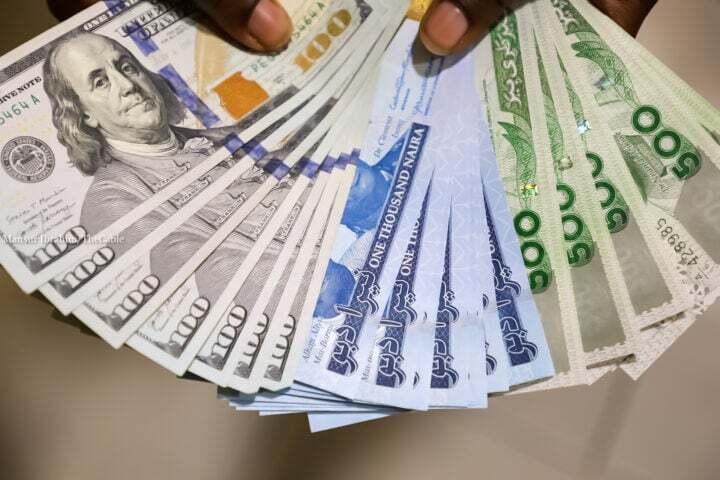
Aboki Naira To Dollar Black Market Rate Today 19th February 2025
The Nigerian Naira continues to show strain against the US Dollar in the black market, with the latest rates reflecting the ongoing economic challenges the nation’s currency faces.
On this Wednesday morning, according to information gathered from various sources, the black market rate for buying dollars stands at ₦1,570 per USD, while the selling rate is at ₦1,580 per USD.
Trending Now!!:
Despite efforts by the Central Bank of Nigeria (CBN) to stabilize the national currency, the black market, often referred to as the parallel market, showcases a stark contrast to official rates. This discrepancy continues to affect everyday Nigerians, importers, and those relying on remittances from abroad.
The informal exchange market in Nigeria, notably in metropolitan hubs like Lagos and Abuja, remains a significant indicator of the actual demand and supply of foreign currency outside the regulated banking sector.
The rates in these markets are often higher than the official rates due to the lack of regulatory oversight and the immediate availability of cash dollars.
This morning’s rates are slightly improved compared to recent weeks, potentially signaling a small recovery or stabilization effort, though experts caution that such fluctuations are common. The black market has been influenced by several factors, including:
- Dollar Scarcity: Ongoing foreign currency shortages in the official market have pushed more transactions to the black market.
- Inflation: With inflation rates climbing, the purchasing power of the Naira diminishes, affecting its exchange rate.
- Policy Measures: The CBN’s efforts to unify exchange rates and introduce policies like the e-Naira have had mixed impacts on the black market.
Market watchers and economists continue to advocate for more comprehensive economic reforms to address the root causes of the Naira’s depreciation. Suggestions include boosting local production, reducing import dependency, and attracting more foreign investment to increase the foreign exchange supply.
Those needing to exchange currency must contact local Bureau De Change operators or check with financial news sources for the most current rates, as they can change throughout the day. However, the Central Bank of Nigeria does not endorse using the parallel market for currency exchange, encouraging transactions through legal banking channels.


